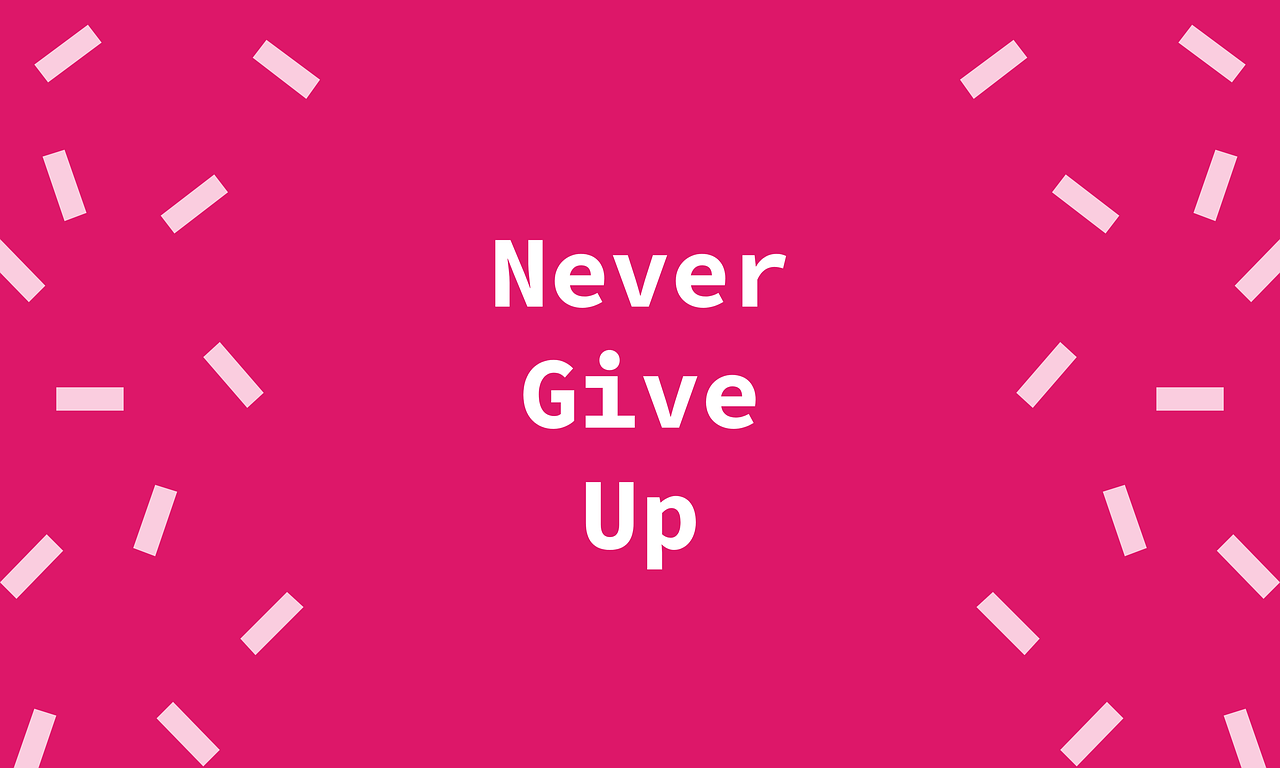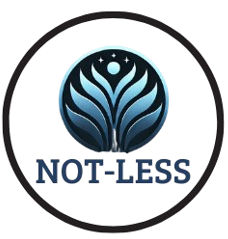 “Never give up.” Wasn’t that what we’ve been told all our lives? Weren’t we told that “Losers never quit and quitters never win”? Well, I’m calling that the “Toxic Never Give Up” culture. Sometimes, you have no choice but to give up. And I’ve learned recently that it is okay to give up. It is okay to move forward and leave something behind.
“Never give up.” Wasn’t that what we’ve been told all our lives? Weren’t we told that “Losers never quit and quitters never win”? Well, I’m calling that the “Toxic Never Give Up” culture. Sometimes, you have no choice but to give up. And I’ve learned recently that it is okay to give up. It is okay to move forward and leave something behind.
The Never Give Up Culture
Tracey Cleantis sums up the never give up culture perfectly in her book The Next Happy.
First, positivity can be a means of avoiding reality. Looking on the bright side can mean denying reality. We all want to “win,” and we can delude ourselves into not owning up to the stark reality. Reality can hurt, and it’s easier to deny it than to admit what is actually real.
Second, Tracey suggests that “when people hear about a dream that didn’t come true, they panic and start to think of all the things they yearn for… and they have a flash of fear that these things may not happen either, no matter how hard they try.” So they encourage you to never give up because they don’t want to give up either.
How “Never Give Up” Affected Me
When I was going through IVF, there were several points when I didn’t want to give up.
First, it was when I was using my own eggs and it was my last chance for France’s health care coverage to pay for the IVF procedures. My doctor had advised me not to go through with it. I had already done 3 rounds of unsuccessful IVF, and I wanted one last shot. She suggested that I move on to donor eggs. I argued back: “It is my last shot. Why would I give that up?”
I spoke to my mom about it, my sister, and of course, my husband. They all encouraged me to move on and try a different path. I had already been wiped out mentally and physically. But I was steadfast in “never give up.” In fact, in my personal and professional life, it had always been my mantra.
How could I give up my one last chance to have a biological child?
But after taking some time off by returning to the US for the summer to work and talking with other women who had used donor eggs, I finally gave up. I was too exhausted. I wanted to try something that seemed like it would be more successful
The Final Rounds
Moving on to donor eggs in Greece (France does not allow the use of donor eggs in IVF), I did two rounds that were ultimately unsuccessful. The first ended in a miscarriage; the second did not take. We switched donors and tried again. The first time, I had a chemical pregnancy. Then we had one last shot before moving back to the US to live there permanently. The time frame to do the procedure was very short, if I had gotten pregnant, we would have started moving back to the US 2 weeks later.
During this period of consideration, Jimmy Fallon was talking about how he and his wife had infertility issues. Ultimately, they were successful. I remember listening to him being interviewed, and this is what he said:
I his words as sign for me not to give up. My emotional state was already bruised and fragile, and I was looking for anything to help. Any sign. I was struggling whether to try one last time before we moved. But then I heard Jimmy speak and I knew in my heart that he was speaking directly to me.
“If it worked for Jimmy and his wife, and he is offering this advice, then why would it not work for me?” I thought. (At the time, I did not know they used a surrogate.)
Ultimately, it did not work. I did not get pregnant and we moved to the US ending all of our chances for IVF. Reality finally hit home.
It Is Okay to Give Up
Having recently given up the idea of parenthood altogether, I’ve learned it is okay to give up.
Giving up doesn’t mean you are a loser. It doesn’t mean you are a quitter.
You may have to give up because of finances, your career, your relationship, your body, your mental health—or any other reason. And it is okay. You will live. You will move on. You don’t need to be ashamed, and you don’t need to feel guilty.
“Don’t give up culture” is toxic because it teaches us to cling to a dream, even when it’s hurting us—because facing the truth feels too hard. It convinces us that stopping means failing, when sometimes, stopping is the sanest, kindest thing we can do for ourselves. Letting go isn’t weakness. It’s choosing reality over illusion. And sometimes, that’s where real healing begins.
In fact, in giving up, you are brave. You are courageous.
And you are Not-Less.

